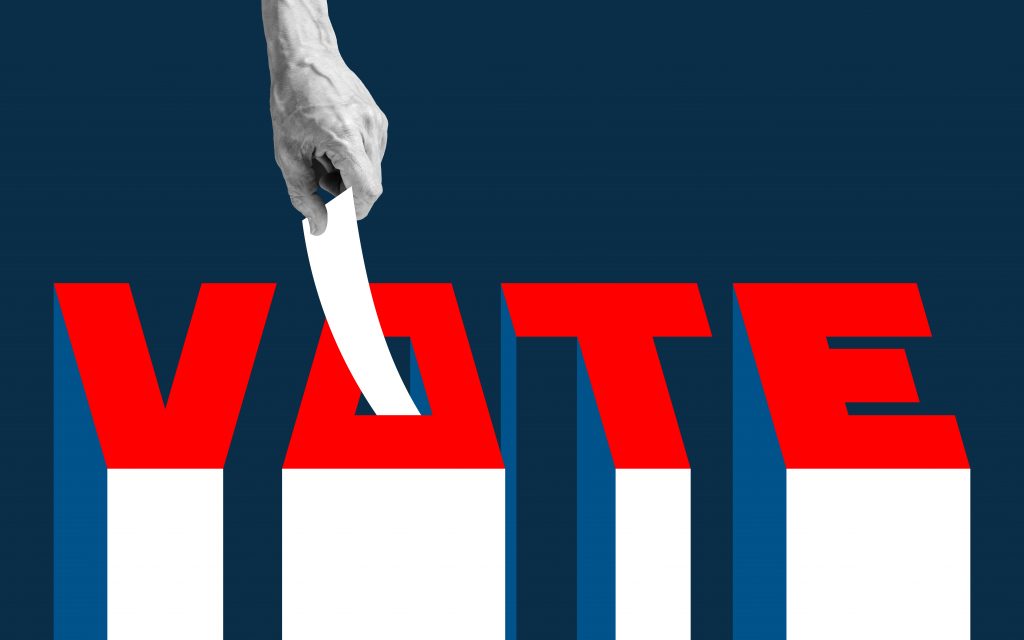GA SB 355
Georgia Senate Ethics Committee
Dear Chairman Burns and Committee members,
My name is Matt Dean and I am a Senior Policy Fellow with Heartland Impact.
Heartland Impact is the advocacy and outreach affiliate of The Heartland Institute, a nearly 40-year-old public policy research organization based in Arlington Heights, Illinois. Both are independent, national, nonprofit organizations working to discover, develop, and promote free-market solutions to social and economic problems. Heartland Impact specializes in providing state lawmakers the policy and advocacy resources to advance free-market policies towards broad-based economic prosperity.
Thank you for this opportunity to address Senate Bill 355, which would prohibit the use of a ranked-choice voting (RCV) system to replace traditional Election Day voting in local, state and federal elections.
Ranked Choice Voting (RCV) will make things worse for voters already frustrated with a process many already believe to be unfair and untrustworthy. RCV makes ballots harder to cast, harder to count, and more susceptible to outside influence.
Ranked Choice Voting makes it harder to vote because your constituents are forced to not only learn about every candidate for each race, but they are also asked to handicap the race in a way that could tilt the balance in favor of a candidate they do not want. Unlike delegates in an endorsing convention (a process I am sure you are all familiar with), your constituent won’t know which candidate is eliminated between rounds of voting.
Ranked Choice ballots are difficult to count. Round after round of iterations, as last place candidates are eliminated, results in some of your constituents’ votes being thrown out. For example, in a five-candidate race, you are voting for one person and against four with increasing levels of distaste. This leads to voters naturally leaving off their least favorite candidates.
In our republic, we believe every legal vote should be counted. But under RCV, so-called “exhausted votes” (those eliminated because of incomplete ballots) are not counted. In 2018, Maine’s first trial with RCV left 9,000 voters with uncounted ballots because of exhausted ballots. There were 126,139 valid votes cast in Maine’s Democratic primary. In the final round, only 117,250 ballots were counted. The other ballots didn’t count in the final tally because they did not include rankings for the top two candidates. That translates to more than 6 percent of voters who tried to cast a ballot but had the same impact on the election as they would if they had just stayed home.
Since 2009, Minnesota has implemented RCV in off-year municipal elections. Five cities have experimented with RCV. One of those, Minnetonka, saw a campaign to throw it out only three years after it was started. “We want to repeal it because it’s a costly, confusing and complex system and we don’t want anyone to feel unwelcome in the voting booth,” said Ellen Cousins, chair of the “Yes to Repeal RCV” committee.
In the 2017 Minneapolis mayoral election, voter turnout was only 43 percent despite two previous elections with RCV. Jacob Frey emerged from the 16-candidate field after five rounds of counting. The previous election in 2013 saw Betsy Hodges emerge from a 35-candidate race in 33 rounds of balloting. Even then, she received only 48.95 percent of votes. Neither race was decided on Election Day.
In 2023, Minnesota proposed a statewide RCV bill that would impose many of the same things SB355 would. The experiences of the municipal elections in Minnesota caused legislators to wisely pump the brakes. Secretary of State Steve Simon, a former House member and supporter of RCV, had a word of caution for his fellow democrats in the legislature.
“Minnesota is not yet ready for statewide ranked-choice voting,” Simon said. “Leave aside whether it’s a good thing or a bad thing to do, I can tell you that it’s an extraordinarily complicated thing to do.”
Legislators would be wise to protect Georgians from RCV and those who may attempt to use this complicated system to improperly influence elections.
Thank you for this opportunity to address the committee.
Sincerely,
Matt Dean, Heartland Impact
Link to Bill
https://legiscan.com/GA/bill/SB355/2023

